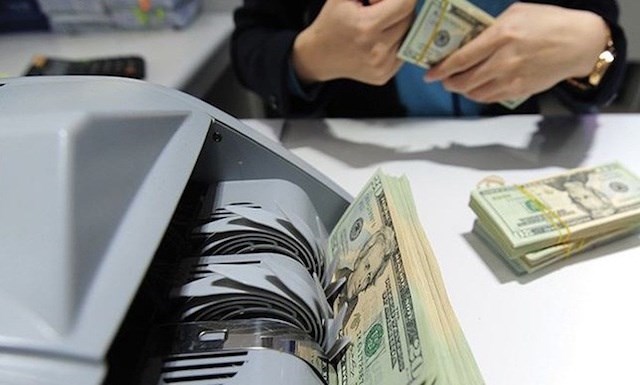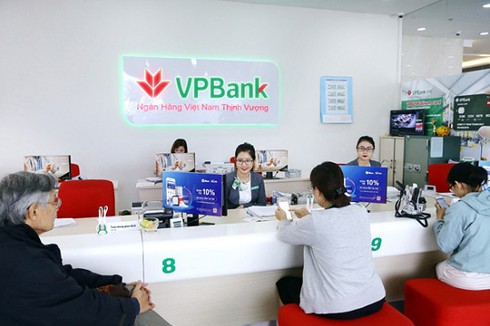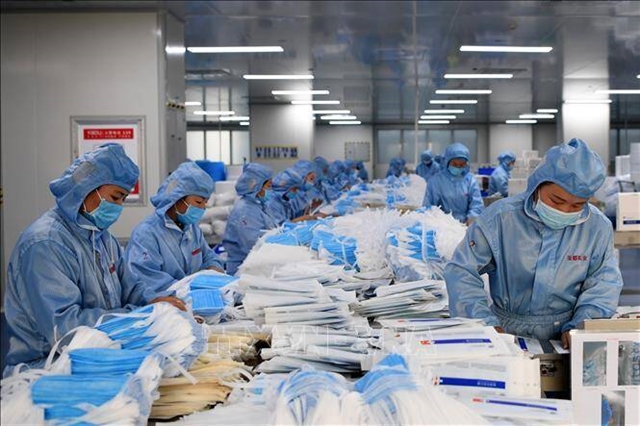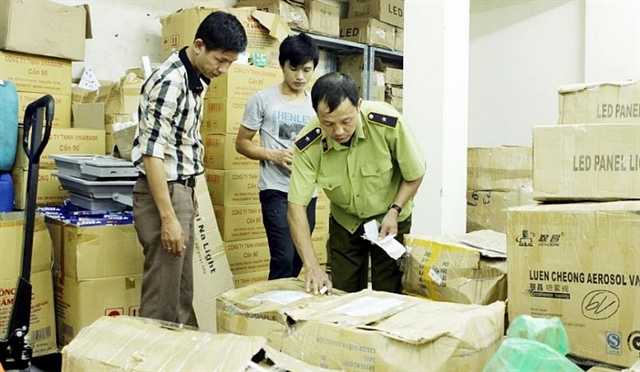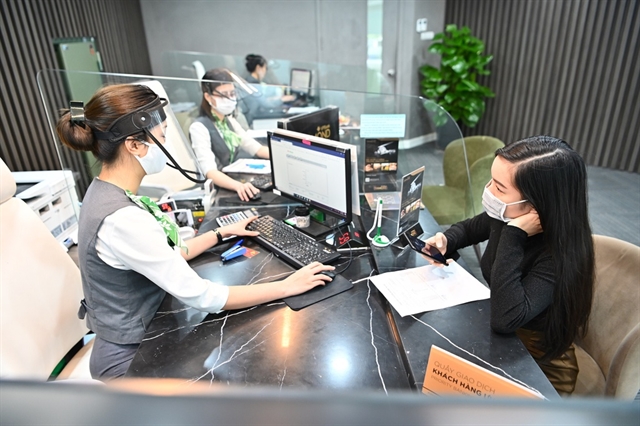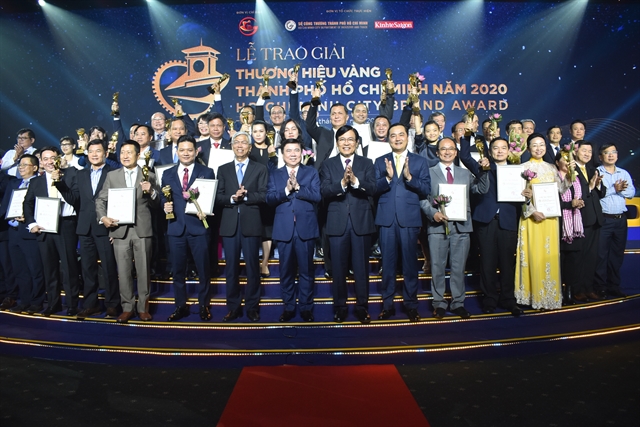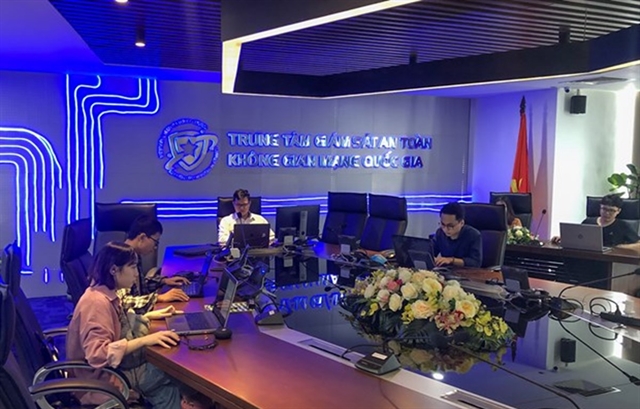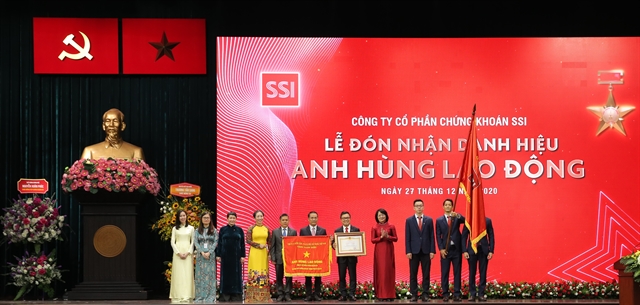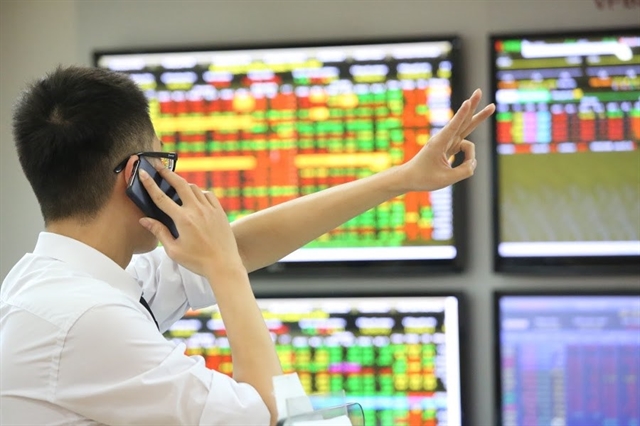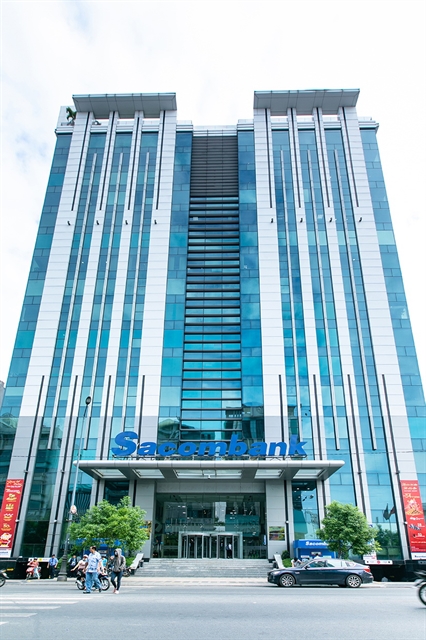- Looking back at Việt Nam’s external affairs over the past 35 years
- Personnel procedures for upcoming Party congress 'transparent, democratic, objective': Party official
- Singaporean scholar impressed by Việt Nam’s successes
- 13th National Party Congress – new milestone in Việt Nam’s development process
- Việt Nam’s foreign policy greatly enhances the country’s position: expert
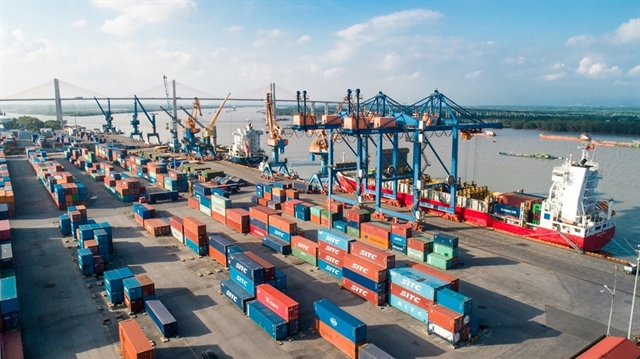
HÀ NỘI — Việt Nam's economy has gained many important and comprehensive achievements in the 2016-20 period, helping highlight the country’s success in 35 years of Đổi mới (Renewal) process.
Assessing the Vietnamese economic achievements, many international organisations have recently noted Việt Nam as "a legendary story", "a rising star", or "the brightest economy” in Asia.
The country is considered the world's success story as its economic growth has been among the world's strongest over the past decade.
After 5 years of implementing the Resolution of the 12th National Congress of the Communist Party of Việt Nam, the country's economy has gained many important achievements and outstanding breakthroughs.
Restructuring the economy and renewing the growth model of Việt Nam in the direction of increasing the efficient use of all resources and based on quality in the 2016-19 period was one of the major policies of the Party and the State. The process took place and created more positive and substantial changes.
In four consecutive years from 2016 to 2019, Việt Nam completed and exceeded the set plans, which created momentum for the country to stand firm in hard times. The country is ranked in the group of countries with the highest economic growth in the world. Its macro economy has remained stable while institutional reforms have been accelerated. These achievements are thanks to the participation and actions of the business community and people, under the comprehensive leadership of the Party.
According to the Government's report on the country’s socio-economic growth in 2020 and the five years from 2016 to 2020, the economic growth rate in the 2016-19 period was quite high, averaging 6.8 per cent per year.
In 2020, although heavily affected by the COVID-19 pandemic, the growth rate still reached 2.91 per cent, helping Việt Nam be one of the fastest growing countries in the region and the world.
The country’s labour productivity in the 2016-20 period increased by 5.8 per cent, exceeding the set target, while the consumer price index decreased from 18.6 per cent in 2011 to below 4 per cent in the 2016-20 period. Its import and export increased 1.7 times, with a trade surplus posted for five consecutive years. E-commerce became an important distribution channel of the economy with an increase of 25 per cent. The country also saw its tourism sector grow nearly 30 per cent per year on average, reaching 18 million international visitors in 2019, an increase of more than 10 million compared to 2015.
Assessing the results of the country’s socio-economic development for the 2016-20 period, Assoc. Prof. Đinh Trọng Thịnh said though there were still shortcomings, the past five years saw Việt Nam succeed significantly in economic development.
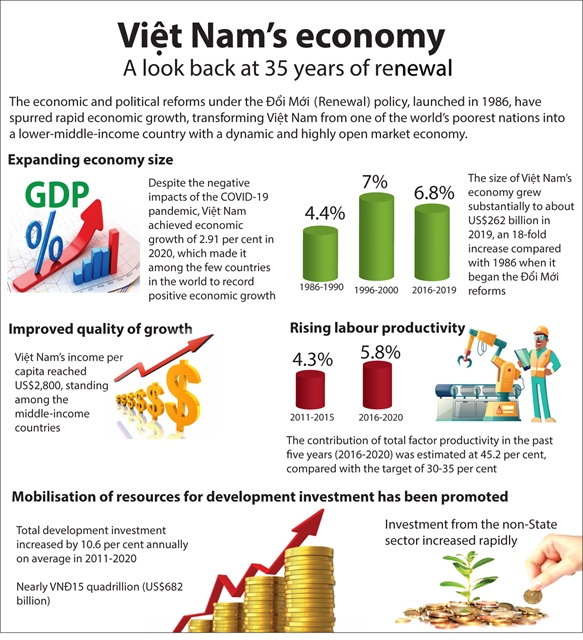
Việt Nam's economic structure transformed strongly in the past 5 years, with the private sector gradually becoming a driver to promote economic growth and contribute up to 40 per cent of the country’s GDP. The development is in the right direction, creating momentum for the economy to enter a growth trajectory.
In the past 5 years, especially in 2020, the implementation of digital transformation and the application of digital technology in the economy has grown strongly. This is considered the driving force to help the economy grow and increase labour productivity.
Not only gaining economic growth achievements, the country has also seen positive results in socio-cultural development. While social security has basically been ensured, people's lives have been continually improved with average income per capita reaching US$2,750.
Việt Nam’s GDP size last year increased by about 1.4 times compared to 2015. The country completed the national target programme onnew-style rural area building nearly 2 years ahead of the roadmap, with about 63 per cent of communes nationwide meeting the programme’s standard by the end of 2020, against the set target of 50 per cent.
Notably, Việt Nam has gained outstanding achievements in the international integration process. According to Minister Nguyễn Chí Dũng, by 2020, Việt Nam has signed 15 free trade agreements and is negotiating two others. The country has 16 strategic partners, 11 comprehensive strategic partners and joined more than 500 bilateral and multilateral agreements in many fields. A total of 71 countries have so far recognised Việt Nam as a market economy.
Dr. Nguyễn Đức Kiên, Head of the Prime Minister's Economic Advisory Group, said with the spirit that Việt Nam was a friend and partner to all countries in the world, the nation has actively negotiated and signed many bilateral and multilateral free trade agreements.
International economic integration has boosted Việt Nam's international trade with rising import and export turnover. From a country with a trade deficit, Việt Nam has successfully balanced imports and exports, even gaining a trade surplus.
FTAs with major and developed economies in different geographical areas has helped Việt Nam diversify its external economic relations and have a more reasonable market structure, which is not too dependent on a certain market area.
Thanks to the achievements, Việt Nam has become an attractive destination for foreign investors as they saw the stability as well as the development potential of the country’s economy.
The prestige, role and position of Việt Nam have therefore also increased significantly in the international arena.
These achievements have been recognised and appreciated by the international community. According to the United Nations Development Program (UNDP), Việt Nam has created a "legendary story" in poverty reduction with its human development index (HDI) of 0.63 in 2019, ranked 118 out of 189 countries and in the group of countries with the highest HDI growth rate in the world.
Meanwhile, the International Monetary Fund (IMF) assessed that by 2020, Việt Nam could be ranked the fourth largest economy in ASEAN.
The country was ranked eighth in the list of the world's best economies to invest in 2019, up 15 places compared to 2018, and its competitiveness was ranked 67 out of 141 countries and territories by the World Economic Forum, up 10 places compared to 2018.
According to the United Nations Sustainable Development Report 2020, Việt Nam is the only Southeast Asian country to achieve five UN action targets, including measures to reduce CO2 emissions, promote renewable power and improve resilience to climate change.
The World Bank (WB) also reported from 2010 to 2020, the human capital index of Việt Nam increased from 0.66 to 0.69. The index continues to be higher than the average rate of countries with the same income level.
Thanks to the achievements, Việt Nam has still emerged as a remarkably bright spot in the context of the world economic slowdown in 2020 due to the COVID-19 pandemic. — VNS
.jpg)

